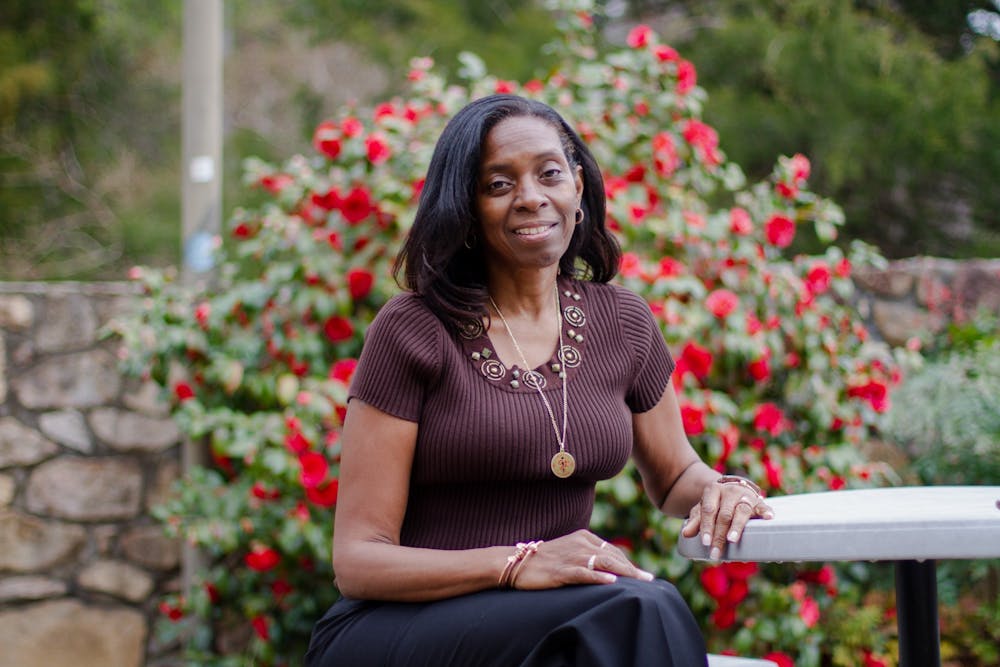She said she will use the money to train 20 Black women. Each woman in the program is required to provide support for three families — support that the award money will compensate them for.
“This was a way to get a pool of maternity professionals — professionally trained doulas — to be able to serve and support Black women in their pregnancy and throughout their labor course that could only be beneficial,” Standard said.
One of the goals of this program is to remove barriers that prevent Black women from becoming doulas. She wants to increase the number of Black doulas and give Black pregnant women more access to labor support doulas.
“We serve many, many people of color, but we don’t have many, many providers of color,” Standard said. “That gap needs to be lessened.”
She said that the cost of training and certification — which ranges from $1,250 to $1,500 — can prevent women of color from becoming a doula and accessing care from doulas.
“You have to be able to do that financially,” Standard said. “I wanted to take away that barrier.”
Standard offers training through DONA International, a doula-certifying organization. She said the program requires hands-on training for a minimum of 16 hours — including seven hours of childbirth education and three hours of a breastfeeding course — which usually takes up to four days.
Standard said her program — which is expected to begin in late May or early June — will be more extensive and will offer additional training, lasting five weeks.
Stephanie DeVane-Johnson, an associate professor at the Vanderbilt School of Nursing, and Jacqui McMillian-Bohler, an assistant professor at the Duke School of Nursing, worked alongside Standard in developing this program. The program also received the support of Penny Simkin, a co-founder of DONA International.
In addition to the DONA program, McMillian-Bohler said the program integrates additional concepts such as mindfulness. The 20 trainees will learn from many Black and African American women and medical providers in the community.
“This really does have the potential to change the way birth is viewed by the Black community in this area,” McMillian-Bohler said. “We are creating lifelines and links to groups of people who have not had that before.”
Standard’s proposal received letters of support from organizations including the North Carolina Obstetrical and Gynecological Society, the N.C. Department of Health and Human Services, the Orange County Health Department and the Department of Family Medicine at the UNC School of Medicine.
To get the day's news and headlines in your inbox each morning, sign up for our email newsletters.
Dr. Margaret Helton, chairperson of the UNC Department of Family Medicine, said that Standard is an important leader within the department — not only through her teaching and clinical duties, but also through her role as director of DEI education and community engagement.
“Her dedication to improving health care for minority populations is evidenced in this project, and we are proud to support her work training doulas in the community, which will directly and positively impact Black mothers and families and provide a much needed model for similar work across communities that are too often underserved in our health system,” Helton said.
Standard said she was overjoyed when she heard she received the award.
“This is just the beginning of something like this making a difference in maternal mortality,” she said. “If nothing else, because it’s now helping this woman have a voice.”
And through this program, Standard ultimately hopes to give Black and brown women choices.
"These 60 women that are going to be served will now have an advocate on their side."
university@dailytarheel.com





